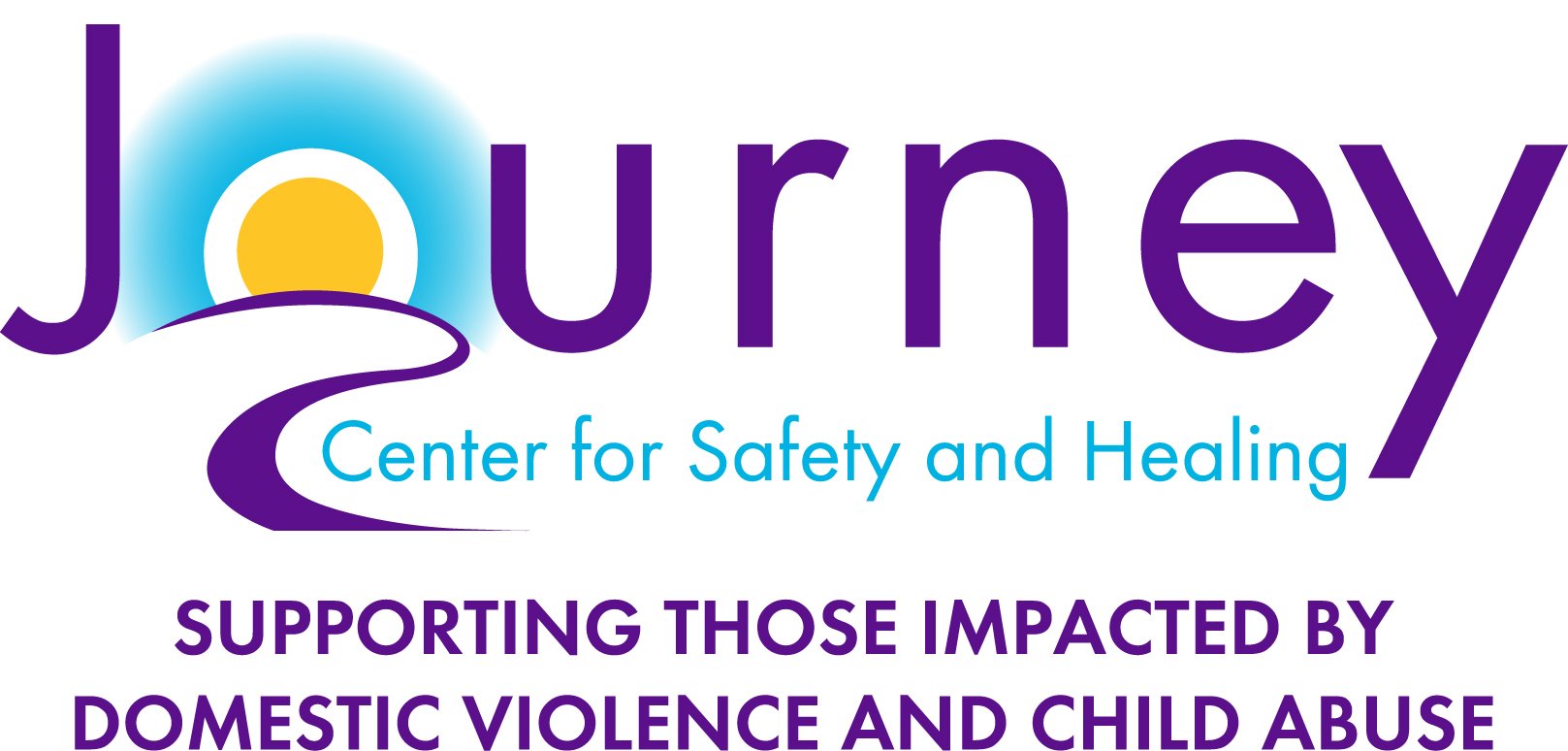Journey Center is committed to advocacy as a principal strategy to improve the legal system and ensure that victims of abuse achieve safety, autonomy, health, well-being, independence, and justice.
The Justice System Advocacy program currently works in ten courts, covering 37 municipalities in Cuyahoga County including:
Berea
Cleveland Heights
Domestic Relations
Euclid
Garfield Heights
Lakewood
Parma
Rocky River
Shaker Heights
South Euclid
Advocates speak with each victim about their unique situation and explain applicable court processes. Options are explored and considered, with an emphasis on safety and self-determination. Advocates also provide safety planning assistance. Court escorts and follow up phone calls are provided as needed and help to ensure that victims feel supported and informed during the court process. Journey’s Justice System Advocates are able to assist victims involved in the court process as well as those that do not wish to be involved in the process.
In addition, advocates can provide personal advocacy for victims. This support can include helping victim’s understand their rights, locating emergency financial assistance; intervening with employers, creditors, landlords, and others on behalf of the victim; assisting in filing for victims compensation or restitution; and connecting victims to other services and supports in the community such as housing and benefits.
Advocates also facilitate Support Groups that provide victims with the opportunity to receive peer support, feedback, and encouragement. Support Groups are ongoing and are held weekly throughout the year.
All services are free to victims/survivors of dating violence, domestic violence, and stalking.
For More Information
For immediate help, call or text our 24-Hour Helpline at: 216.391.4357 (HELP) or live chat.
Learn more about our JSAP Program by watching our Justice System Advocacy Program Video.
Click here to watch our 2024 JSAP Lunch & Learn video.
Click here to download Journey Center’s Essential Information Booklet. This booklet includes information for those impacted by abuse and their loved ones about domestic violence, it’s impact, safety suggestions, and information about the legal process include your rights and options.
Hear from Journey Center Staff
Danger Assessment for Law Enforcement (DA-LE)
Leading research in the field of intimate partner violence has shown that the escalation of domestic violence to a lethal level follows an identifiable pattern with identifiable indicators. The importance of this knowledge is that if we can identify early on which cases are most likely to escalate to homicide, there are opportunities for prevention and intervention.
Since 2016, Journey Center in partnership with Cuyahoga County, has worked with police departments to implement the Danger Assessment for Law Enforcement (DA-LE). The DA-LE is an 11 question, evidence-based risk assessment screening instrument (created by Jeanne Geiger Crisis Center and research partners) designed to identify victims who are at the highest risk of severe/near-lethal assault. It is administered on scene of domestic violence calls by law enforcement officers and acts as a supplement to the police report. The DA-LE is designed to be used in court to inform criminal justice proceedings and helps connect victims at high risk to services and resources.
(Campbell, J.C., Webster, D., Koziol-McLain, J., Block, C., Campbell, D., Curry, M., et al. (2003). Risk factors for femicide in abusive relationships: Results from a multisite case control study. American Journal of Public Health, 93(7), 1089-1097.).
Listen to Journey Center’s Homicide Prevention Manager talk about this project on DV RISC’s podcast: “Assessing Risk On-scene: Law Enforcement”.

